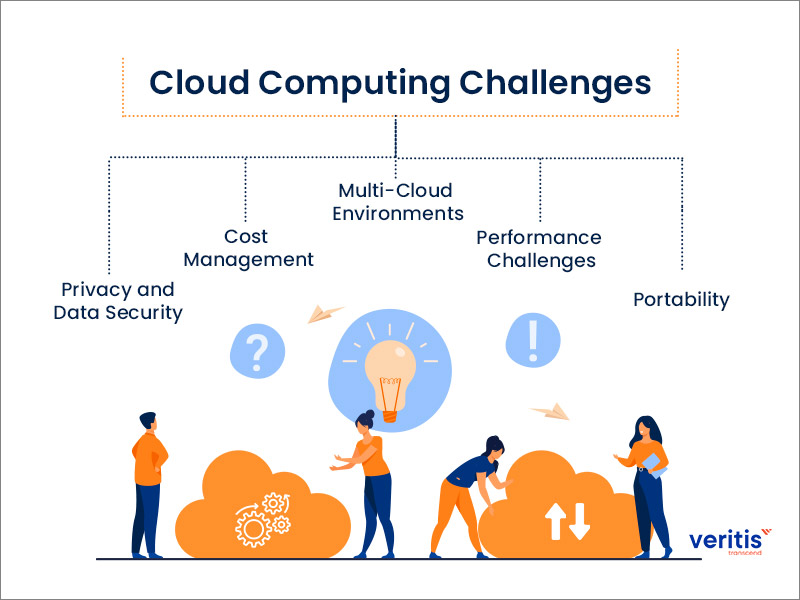
Benefits of Cloud Computing for Businesses
Advertisment
Cloud computing has revolutionized the way businesses operate, offering a wide range of benefits that drive efficiency, innovation, and growth. Whether you are a small business or a large enterprise, the advantages of cloud computing are too significant to ignore. Here are some of the key benefits:
- Cost Efficiency
Cloud computing offers a cost-effective solution by eliminating the need for expensive hardware, software, and IT maintenance. Businesses only pay for the resources they use, which significantly reduces upfront costs. With flexible pricing models, cloud services allow companies to scale their resources up or down based on demand, keeping costs in check.
- Scalability and Flexibility
One of the most attractive features of cloud computing is its scalability. Businesses can easily scale their IT resources without significant investments in infrastructure. This allows companies to expand during periods of high demand or reduce resources when business is slow. Additionally, cloud services enable businesses to operate globally, thanks to data centers located across the world.
- Enhanced Collaboration
Cloud computing fosters better collaboration by allowing teams to access, share, and edit documents in real-time, regardless of location. This promotes productivity, especially for businesses with remote or distributed teams. Tools like Google Workspace and Microsoft 365 enable seamless work from anywhere, streamlining communication and project management.
- Data Security
Cloud providers invest heavily in advanced security measures such as encryption, firewalls, and multi-factor authentication to protect business data. They also handle software updates and security patches, ensuring that businesses are protected against the latest threats. Furthermore, cloud services offer robust disaster recovery options, minimizing the risk of data loss in case of an attack or system failure.
Advertisment
- Business Continuity and Disaster Recovery
Cloud computing provides businesses with automatic backups and reliable disaster recovery solutions. This ensures that in the event of a cyberattack, system failure, or natural disaster, critical data and applications can be restored quickly, minimizing downtime and financial losses.
- Efficiency and Automation
With cloud computing, businesses can streamline operations by eliminating the need for on-premises IT infrastructure. Cloud services automate routine maintenance tasks, including updates and backups, reducing the workload for IT teams. This allows businesses to focus on their core operations rather than managing complex IT systems.
- Competitive Advantage
By leveraging cloud technologies, businesses can innovate faster, respond to market changes, and deliver better customer experiences. Cloud platforms provide access to cutting-edge technologies like artificial intelligence (AI) and data analytics, allowing businesses to make data-driven decisions and stay ahead of competitors.
- Environmental Sustainability
Cloud computing reduces the environmental impact of businesses by lowering the need for physical servers and data centers, which consume significant energy. Cloud providers optimize energy use in their data centers, contributing to a lower carbon footprint. This makes cloud computing an environmentally friendly option for businesses aiming to reduce waste and energy consumption.
- Agility and Innovation
Cloud computing provides businesses with the agility to experiment with new ideas and quickly launch projects. With access to a wide range of tools and platforms, companies can innovate faster, test new strategies, and scale successful initiatives without heavy investments in infrastructure.
Conclusion
The benefits of cloud computing for businesses are undeniable. From cost savings and scalability to enhanced security and innovation, cloud computing enables businesses to operate more efficiently and remain competitive in today’s digital world. As businesses continue to embrace digital transformation, cloud computing will play an increasingly critical role in their success.
Advertisment












Post Comment